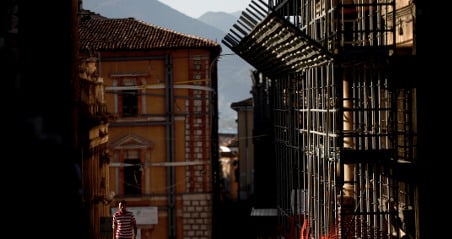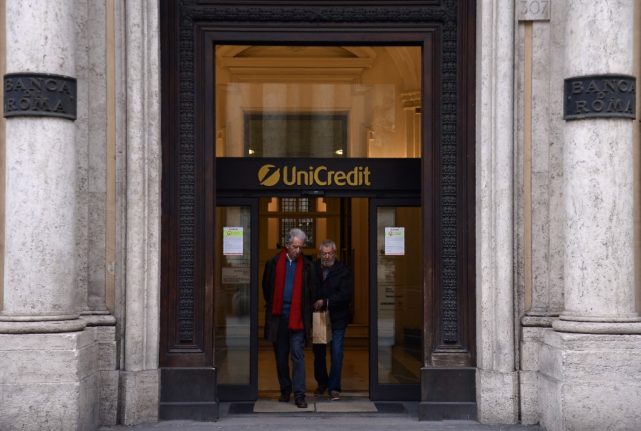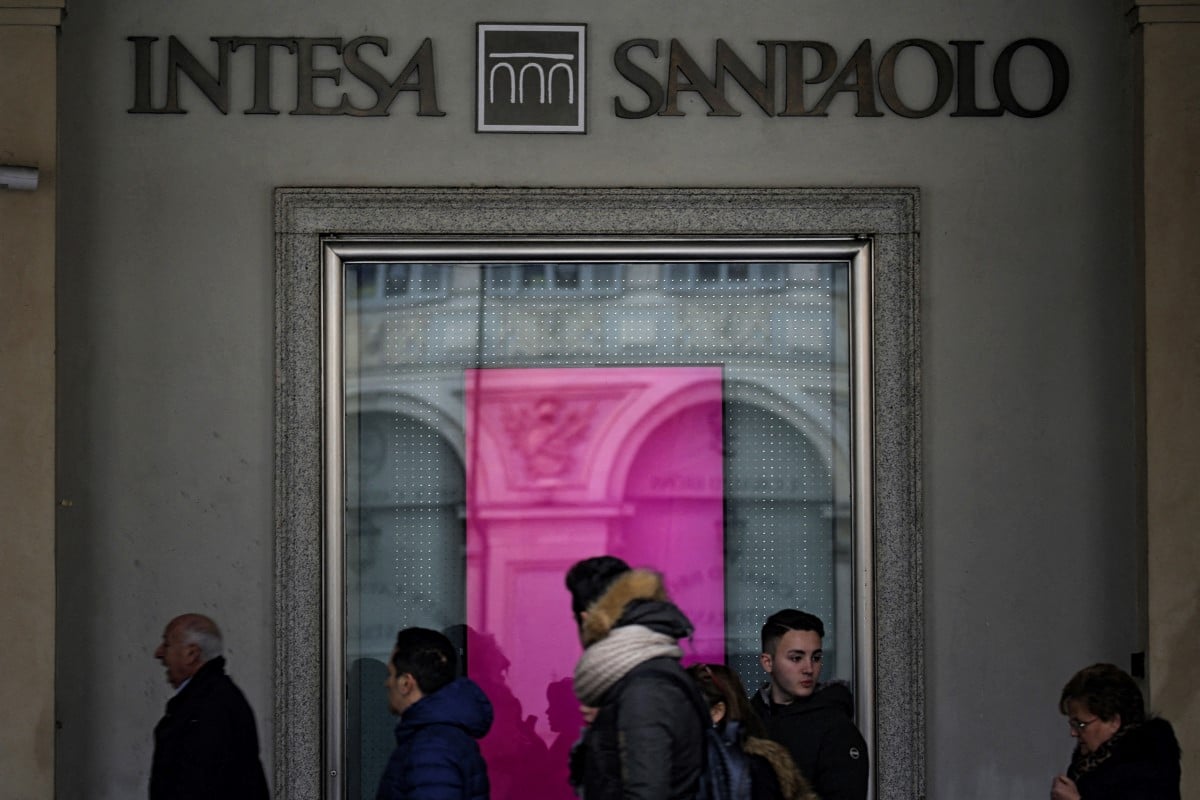A total of €2 billion was earmarked for the town's rebuild by Inail, the workers' compensation authority, but the funds "have ended up in a bureaucratic labyrinth", Giuseppe Lucibello, the director of Inail, told Corriere della Sera.
"Unfortunately, these funds haven't been touched," he said.
Corriere described it as a "slap in the face" for the 20,000 residents made homeless by the 2009 earthquake, which tore down houses, churches and businesses in Aquila's historic centre, as well as in several surrounding villages.
More than four years on from the earthquake, most buildings remain uninhabitable, despite the large sum allocated to its recovery.
The money was put aside with five principal objectives: to restore the historic centre, create a new university campus, rebuild health care facilities as well as aid the rebuilding of cultural sites and the urban fabric of the town. So far, however, nothing has come of the plans.
The money was supposed to have been processed by the Civil Protection Department, but the procedure is reported to have been slowed by the department's overhaul under former prime minister Mario Monti.
Last October, seven members of the Major Risks Committee were sentenced to six years in jail for multiple manslaughter and ordered to pay €9 million in damages to survivors after underestimating the risks posed by tremors. Six days before the quake, which measured 6.5 on the Richter scale, they told journalists that the seismic activity in the town "posed no danger".
Don't miss a story about Italy – Join us on Facebook and Twitter.





 Please whitelist us to continue reading.
Please whitelist us to continue reading.
Member comments